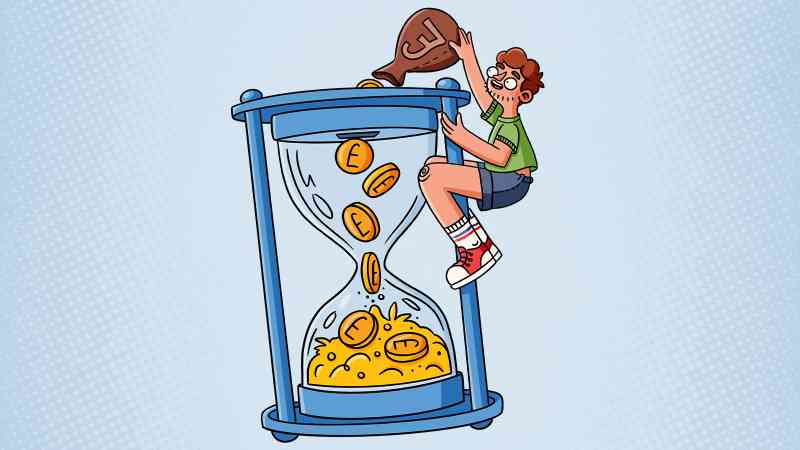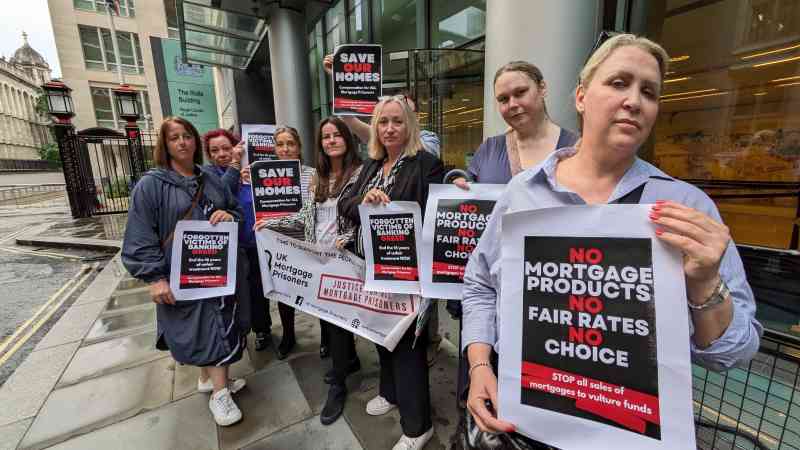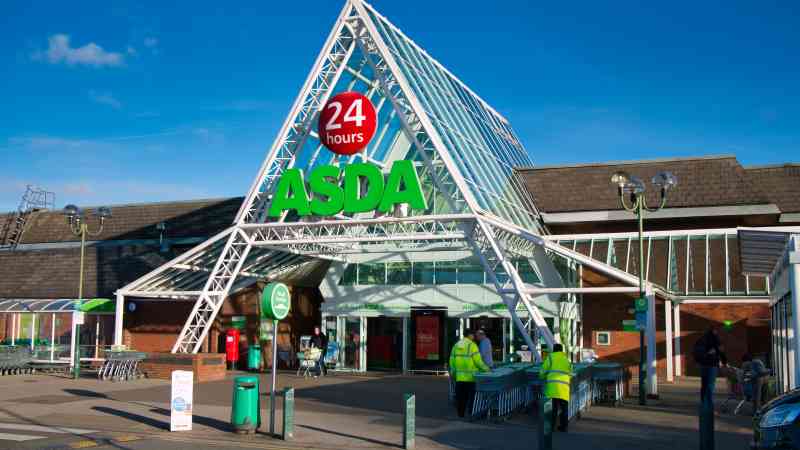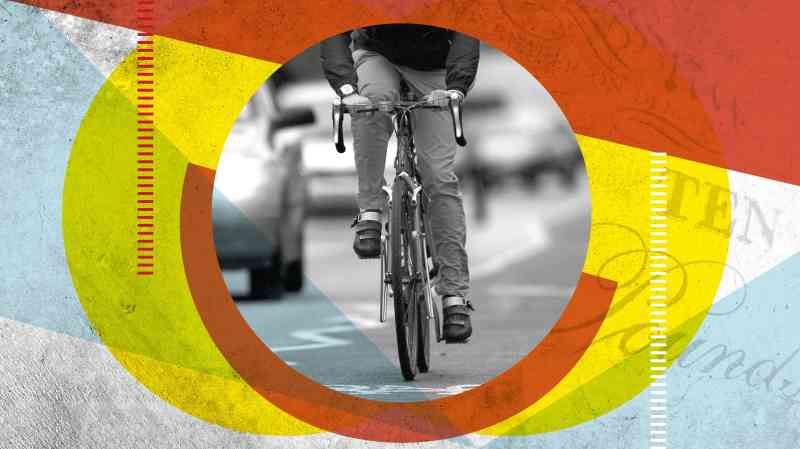Time’s running out to grab the best savings rates
The clock is ticking to secure the best savings rates before they vanish completely after a surprise interest rate cut on Thursday.
The Bank of England has decreased the base rate for the first time in more than four years, to 5 per cent from 5.25 per cent, firing the starting gun for savings rate cuts.
“Banks and building societies have a history of passing on interest rate cuts as fast as possible on savings,” said Myron Jobson from the investment platform Interactive Investor. “Time is running out to secure the best savings deal, as there will be likely be a flurry of savings rate reductions. People really have to act fast now.”
The base rate was cut on Thursday after a knife-edge vote by the monetary policy committee, the group tasked with setting the UK base rate. It voted 5-4 in favour of a cut.
Although the reduction will be a relief for mortgage borrowers, it is bad news for those who have been enjoying earning higher interest rates on their savings.
With some economists predicting further base rate cuts in the coming months, savers must act quickly to grab the best deals. Although, some households may find it makes more sense to stop stashing their cash and instead funnel any extra money into overpaying their mortgage.
• Compare savings rates
“There’s more urgency than ever to secure the best rates while they’re still around,” said Anna Bowes from the consumer website Savings Champion. “If you can, lock away some of your money for longer. It could be a wise decision as you’re fixing at current rates in a falling market.”
Wondering how to make your money work harder for you? Here’s what you need to do.
Keep some cash easy-access
Easy-access accounts do not lock in your money, so are a good option if you think you might need to dip into your savings pot — or if you are nervous about any changes the new government might bring in.The downside is that you’re likely to get a lower interest rate.
The average easy-access savings rate, assuming you have £10,000 of savings, is 3.14 per cent, according to the comparison site Moneyfacts. That is down from 3.15 per cent at the start of the year and likely to fall further now that the base rate has been cut.
“It’s important to have some cash in an easy-access account because that serves as your rainy day pot. Aim to have between three to six months of living costs saved up as part of an emergency fund,” Jobson said.
The top paying account is 5.2 per cent from Ulster Bank but only if you already have a current account with the bank. You also need to hold £5,000 or more, otherwise the rate drops to 2.25 per cent.
The best account with no conditions is 4.9 per cent from Hampshire Trust Bank, according to the consumer site Savings Champion.
Lock up for longer
If you want certainty over your savings and are happy to tie your money up for longer, you can earn more interest.
With a fixed-rate bond, you won’t be able to withdraw your money until the bond matures (or you may forfeit the interest you have earned if you do).
The average one-year fixed-term bond is 4.63 per cent, the average two-year bond is 4.34 per cent, and the average five-year bond is 3.92 per cent, according to Moneyfacts. These deals are based on future base rate expectations, so because rates are expected to fall, longer-term deals pay less. However, it can still be a good idea to opt for a longer term to get the guaranteed rate.
The Access Bank pays 5.25 per cent on a one-year bond, 5.06 per cent over two years and 4.81 per cent over three years. pays 5.06 per cent on a two-year bond and 4.81 per cent over three years. Hampshire Trust Bank pays 4.55 per cent on a five-year-bond.
• Best cash Isas
Anna Bowes from the consumer website Savings Champion said, “You may be earning less initially with these accounts, but could benefit longer in the long run as we don’t know what will be available in a year’s time and beyond if interest rates keep falling.
“Plus, if inflation remains at least close to target, this cash could be earning an interest rate that is higher than inflation for longer — something that is rarely the case.”
Shelter savings from the taxman
As savings rates have increased, so have the chances that you will need to pay tax on the interest you earn.
Basic-rate taxpayers can earn £1,000 a year in savings interest tax-free under the personal savings allowance, after which any interest is subject to your usual rate of income tax. Higher-rate taxpayers can earn £500 and additional-rate payers get no allowance.
The tax office is expected to collect £10.37 billion in tax on savings this year, up from £3.94 billion in 2022-23.
Based on the average easy-access account, a basic-rate taxpayer will breach their personal savings allowance once they have about £31,800, and a higher-rate payer £15,900.
Once you near the savings allowance, it makes sense to funnel your money into an Isa, where all the interest you earn is tax-free. Every adult can put £20,000 a year into an Isa, although there is some speculation that this allowance could be cut, so experts say it is best to use it up as soon as possible.
Expect the rates on offer to be a little lower than with standard savings accounts — banks say this is because of the extra admin involved with Isas — but it should largely level out once you take the tax benefits into account.
The best easy-access cash Isa pays 5.17 per cent from Plum, but you can only make a maximum of three withdrawals a year. Virgin Money pays 5.05 per cent on its one-year fixed Isa, but you will need to have a current account with the bank.
Beehive Money offers the best two-year fixed rate at 4.73 per cent, and Cynergy Bank the best three-year fixed rate at 4.55 per cent.
Savers can make their money work harder with a stocks and shares Isa, which allows you to invest in the stock market and other assets such as bonds, property and gold. However, you should not generally invest your money unless you are able to lock it up for at least five years — this will allow you time to ride out ups and downs in the stock market.
Premium Bonds
We are a nation of Premium Bond enthusiasts; held by roughly 22.5 million people, they are the UK’s most popular savings product.
Premium Bonds, which are backed by the Treasury-run National Savings & Investments (NS&I), differ from other products, because instead of earning interest on your savings, you are entered into a monthly draw for the chance to win prizes ranging from £25 up to two £1 million jackpots. Each bond costs £1 and the more you have, the greater your chances of winning a prize.
NS&I said the “effective interest rate” — which is the amount you can expect to win based on the amount you have saved — is 4.4 per cent. However, this is not guaranteed and you could end up with nothing.
Despite their popularity, the chances of scooping a prize are slim. About 12.4 million Premium Bond holders — almost two thirds — have never won a prize, according to the investment platform AJ Bell.
The average bond holder who has won any prize had £23,057 in premium bonds, a freedom of information request by AJ Bell found. The average holding is only £5,185.
But saving into Premium Bonds is helpful for higher-rate and additional-rate taxpayers with a large savings pot who want to swerve a tax bill. That’s because these high earners are more likely to have breached their personal savings allowance and Isa allowances, making the tax-free nature prizes become more attractive.
“You do need to be aware that in return, you’re not getting any interest, and even if you are averagely lucky, you won’t make enough money to keep pace with inflation and the value of your savings will dwindle away,” Coles said.
Overpay or save?
For some, it may be better to focus on paying off your mortgage debt rather than put money into a savings account.
To work out whether this is worthwhile you should compare your mortgage rate with the best savings rate you can get. If the mortgage rate is higher, it could be worth funnelling your spare cash there.
Those who have remortgaged since the Liz Truss mini-budget of 2022 have been stung with higher rates. They are more likely to benefit from overpayments.
Before overpaying, check your mortgage terms. If you are on a fixed deal, you can typically overpay by a maximum of 10 per cent of your mortgage balance each year without having to face any early repayment charges.
Of course, one big downside to putting your savings into your mortgage is that, unlike a savings account, you cannot get the money out. Make sure that you have enough easily accessible savings to cover an emergency such as losing your job.
You could consider an offset mortgage, where your mortgage is linked to a savings account to reduce the proportion of your loan on which you pay interest.






